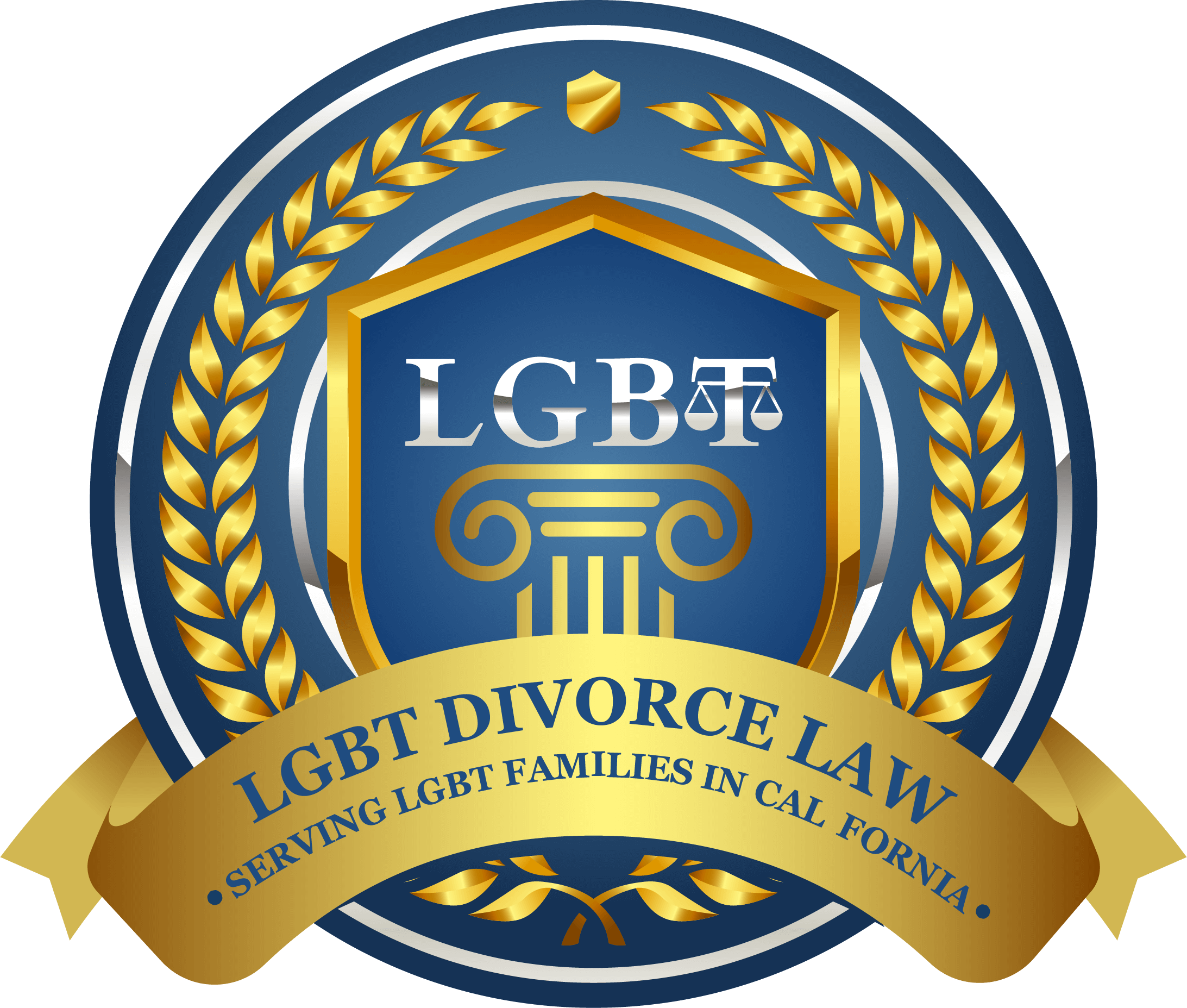Frequently Asked Questions
Yes, same-sex couples have the same rights and opportunities to adopt children in California as opposite-sex couples. The state recognizes and supports adoption by LGBTQ+ individuals and couples.
Same-sex couples in California can pursue various types of adoption, including agency adoptions, independent adoptions, and stepparent adoptions. The specific adoption process will depend on the circumstances and the type of adoption being pursued.
No, California law does not impose any legal restrictions on same-sex couples adopting children. The state’s adoption laws apply equally to all prospective parents regardless of sexual orientation or gender identity.
Yes, same-sex couples can adopt as joint petitioners, meaning they can both be legally recognized as the child’s parents. This provides both parents with equal rights and responsibilities.
Yes, LGBTQ+ individuals can adopt as single parents in California. The sexual orientation or gender identity of an individual does not affect their eligibility to adopt.
Are there any additional requirements or considerations for same-sex couples adopting in California?
California does not impose any additional requirements or considerations solely based on the sexual orientation or gender identity of the prospective parents. The adoption process will generally follow the same procedures and criteria that apply to all adoptive parents.
Yes, same-sex couples can adopt children who are not biologically related to either parent. The adoption process involves the termination of the biological parents’ rights and the legal establishment of the adoptive parents’ rights.
Yes, prospective adoptive parents in California must be at least 18 years old. However, there may be additional age requirements or considerations depending on the type of adoption being pursued.
Yes, same-sex couples in California can adopt children from other states or countries. It is essential to comply with the adoption laws and regulations of the respective jurisdiction and ensure that the adoption is recognized under California law.
LGBTQ+ adoptive parents in California have the same legal rights and responsibilities as any other adoptive parents. They have the right to make decisions regarding the child’s upbringing, healthcare, education, and other important matters.
No, adoption agencies and courts in California cannot discriminate based on sexual orientation or gender identity. All prospective adoptive parents are evaluated based on their ability to provide a safe and loving home for a child.
Yes, LGBTQ+ individuals and couples can adopt children of any race or ethnicity. Adoption agencies and courts prioritize the best interests of the child and strive to find suitable and loving homes regardless of race or ethnicity.
Yes, California allows unmarried couples, including same-sex couples, to adopt a child jointly. This provides both parents with legal recognition and rights as the child’s parents.
Yes, LGBTQ+ individuals and couples can adopt older children and teenagers. There is no specific age limit or restriction for prospective adoptive parents in relation to the age of the child.
Adoption agencies in California facilitate the adoption process for LGBTQ+ individuals and couples, just as they do for all prospective adoptive parents. They provide guidance, support, and assistance in navigating the legal and administrative requirements.
Yes, LGBTQ+ adoptive parents may be eligible for financial assistance or subsidies, depending on the child’s circumstances and needs. These subsidies are designed to help cover the costs of raising an adopted child and ensure their well-being.
Yes, LGBTQ+ individuals and couples can adopt children with special needs. Adoption agencies work to match children with adoptive parents who can meet their unique needs and provide them with a nurturing and supportive environment.
No, LGBTQ+ individuals or couples are not required to disclose their sexual orientation during the adoption process. However, it is important to be open and honest with adoption professionals to ensure a smooth and respectful process.
The length of the adoption process can vary depending on various factors, such as the type of adoption, availability of suitable matches, and completion of necessary requirements. It is advisable to consult with an adoption professional for a more accurate timeline based on your specific circumstances.
Having a criminal record does not automatically disqualify LGBTQ+ individuals or couples from adopting a child. However, certain types of criminal offenses may impact the adoption process. It is important to discuss any criminal history with an adoption professional for guidance.
Having a history of mental health challenges does not necessarily disqualify LGBTQ+ individuals or couples from adopting. Adoption agencies assess the prospective parents’ overall ability to provide a stable and loving home for the child.
The costs of same-sex adoption in California can vary depending on the type of adoption and the services provided by adoption agencies or attorneys. These costs may include home study fees, legal fees, agency fees, court fees, and other administrative expenses. It is important to discuss fees and payment options with adoption professionals.
Yes, LGBTQ+ individuals or couples who already have children can still pursue adoption. The agency or court will consider the well-being and best interests of all the children involved when evaluating the adoption application.
Yes, being in a same-sex marriage or registered domestic partnership does not hinder the ability of LGBTQ+ individuals or couples to adopt a child. Legal recognition of the relationship can support the adoption process.
In California, attending parenting classes is typically a requirement for all prospective adoptive parents, regardless of sexual orientation or gender identity. These classes provide valuable information and support to prepare individuals and couples for the responsibilities of parenting.










